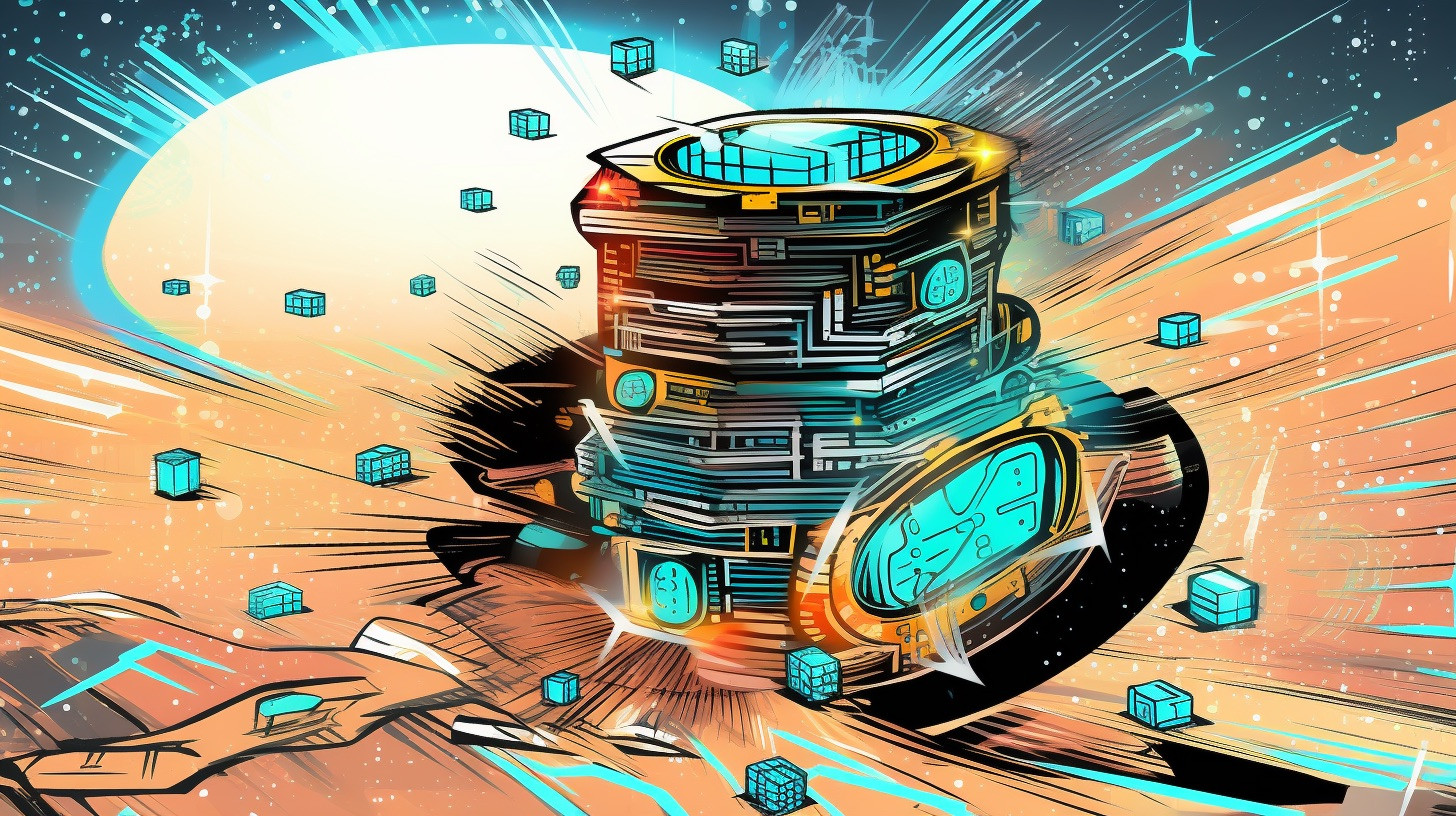Solana: The High-Performance Blockchain

Cryptocurrencies and their underlying technologies have ushered in a new era of digital innovation. While many blockchain platforms are making headlines, Solana stands out with its unique technical propositions. For those eager to unravel the mysteries of the crypto realm, delving into the mechanisms behind Solana is a journey worth undertaking.
Introduction to Solana
Solana is a performance-oriented blockchain that offers fast, secure, and scalable decentralized apps and crypto projects. Founded by Anatoly Yakovenko, Solana's protocol introduces several novel mechanisms, setting it apart from traditional blockchain systems.
Solana’s Architectural Distinction
Traditional blockchains record transactions within blocks. Solana, however, introduces a historical record called the history of blocks. Rather than waiting for multiple transaction validations, Solana's history allows it to process thousands of transactions in parallel. This results in a speed of 50,000+ transactions per second, a considerable leap compared to other blockchains.
Proof of History (PoH): The Heartbeat of Solana
Central to Solana's efficiency is its unique consensus mechanism: Proof of History (PoH). Unlike the commonly known Proof of Work (PoW) or Proof of Stake (PoS), PoH creates a historical record that proves that an event has occurred at a specific moment in time.
In simple terms, PoH allows timestamps to be built into the blockchain itself. This is done through a verifiable delay function, a VDF. Every block producer has to crank through the VDF to get to their assigned slot and produce a block.
Why is Proof of History important?
Traditional blockchains like Bitcoin and Ethereum often face scalability issues. As more transactions are added to the network, verifying their order and ensuring their authenticity becomes a complex and time-consuming process. PoH offers a time-sequenced record, ensuring that every event has a unique historical record, thereby enhancing the efficiency of transaction validations.
The PoH mechanism ensures that validators don't have to trust other validators. Since every event is cryptographically time-stamped, it becomes extremely challenging for malicious actors to manipulate the system or propose a conflicting version of events.
In many consensus mechanisms, transactions or events have to be witnessed by multiple nodes, which can be time-consuming and can lead to bottlenecks. With PoH, the historical record offers a trusted chronology, which can reduce the need for multi-witness events. With the help of PoH, Solana and similar blockchains can process thousands of transactions per second. This capacity is crucial as blockchain platforms aim to compete with traditional financial systems and cater to global audiences.
One of the breakthroughs with PoH is its compatibility with parallel transaction processing. Since PoH provides a trusted time-source, different validators or shards can process transactions simultaneously without confusion, significantly speeding up the network. Blockchains thrive on decentralization, eliminating the need for trusted intermediaries. PoH acts as a decentralized clock for blockchains, ensuring that all events are ordered and validated without relying on a centralized timekeeper.
The Role of Validators
Validators play a pivotal role in the Solana blockchain, ensuring the network's security, speed, and proper functioning. Here's a more in-depth look at the role of validators on Solana:
Block Creation and Transaction Validation
At its core, the primary function of validators is to produce new blocks and validate transactions. In Solana, validators participate in the consensus process by producing blocks in a permissionless, PoH (Proof of History) based system. When validators receive a transaction, they check it against PoH to ensure its validity and sequence before adding it to the ledger.
Cryptography and Security
Validators maintain the network's security using cryptographic methods. They use cryptographic signatures to sign the blocks and votes, ensuring that data hasn't been tampered with. Their nodes also maintain a copy of the ledger, ensuring decentralization and resilience against potential attacks.
Validators are indispensable pillars of the Solana network. Their involvement ensures that the blockchain runs efficiently, securely, and transparently. As Solana continues to grow and gain traction, the role of validators becomes even more critical, ensuring the network's trustworthiness and capability to handle increasing demand.
Solana’s Ecosystem
Beyond its technical prowess, Solana boasts a thriving ecosystem. From decentralized finance (DeFi) platforms to gaming and NFTs, Solana's high throughput and low fees make it an attractive platform for developers and innovators worldwide.
Solana is extremely efficient, using energy at the same scale as a few Google searches and significantly less energy than other regular household uses. Transaction fees, which are used to maintain blockchain networks and have ballooned elsewhere, are a fraction of a cent on Solana.
Conclusion
Solana's rise in the crypto space can be attributed to its innovative technical mechanisms that prioritize speed without sidelining security. As decentralized systems become integral to our digital future, platforms like Solana pave the way by challenging traditional norms and setting new benchmarks. Whether you're a developer, an investor, or just a curious individual, unraveling the technical tapestry of Solana offers a glimpse into the future of decentralized technology.
Disclaimer: Cryptocurrency investments are speculative and involve risks. This article is for informational purposes only and should not be considered financial advice. Always conduct your own research before making decisions.


